The Ultimate Guide to Choosing Outside Wall Tiles for Your Home
The exterior of your home is the first impression visitors get, and outside wall tiles can significantly enhance that impression. These tiles, often made from materials like wood, rock, or ceramic, are designed to be both functional and aesthetically pleasing. Known as exterior wall cladding, this trend is gaining popularity for both residential and commercial properties. Let’s dive into the world of outside wall tiles and explore how to choose the best ones for your home.
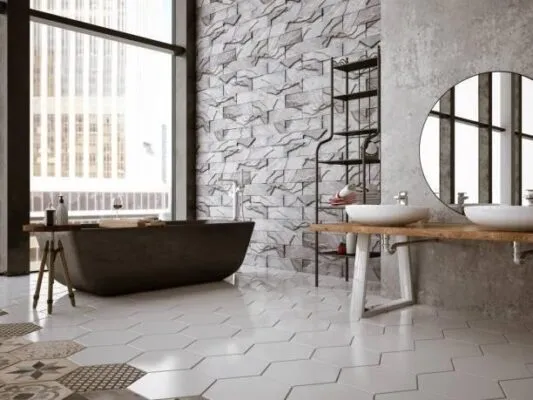
Understanding the Difference: Interior vs. Exterior Wall Tiles
Strength and Durability
One of the most noticeable differences between interior and exterior wall tiles is their strength and durability. Outside wall tiles are built to withstand harsh weather conditions like sunlight, rain, and humidity. They are also resistant to acid rain, which helps them retain their appearance and strength longer.
Texture and Appearance
Exterior wall tiles generally have a rougher texture compared to interior wall tiles. This rough texture not only adds to their durability but also gives them a rocky or stony appearance, making them look harsher than the smooth and soft interior wall tiles.
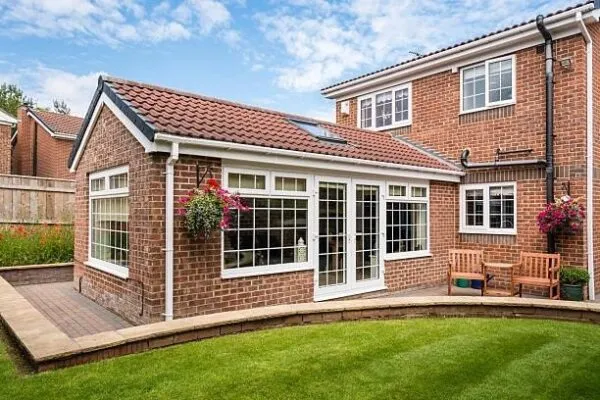
How to Choose the Best Exterior Wall Tiles for Your Home
Budget Considerations
Budget is a crucial factor when choosing outside wall tiles. Various types of tiles are available, with ceramic and vitrified being the most popular. Vitrified tiles are generally more expensive than ceramic ones, even if their main components are similar. Outdoor parking tiles can range from Rs 51 per sq ft to Rs 172 per sq ft. Always coordinate the cost with the space you want to cover and the type of design that appeals to you.
Strength and Durability
Exterior wall tiles come in a variety of strengths. Granite wall tiles are among the hardest and are ideal for areas near the gate. Slate tiles are softer and perfect for patios. For pool areas, porous tiles made of pumice are a great choice. The key is to match the tile’s strength with its intended use.
Weather-Resistance
When choosing exterior wall tiles, consider the weather conditions in your area. For rainy regions, non-slippery tiles are ideal. In snowy areas, heat-insulating tiles are a must. For sunny climates, heat-reflective tiles work best. Avoid marble or limestone tiles in areas prone to acid rain, as they are more susceptible to abrasion.
Style and Design
The color, texture, and grip of your exterior wall tiles should complement the existing features of your home. For instance, bright tiles may not suit a European-themed house. Choose tiles that blend well with the overall personality of your home.
Popular Exterior Wall Tiles Design Ideas
Quarry Tiles
Quarry tiles, made from highly dense unfiltered clay, are excellent for most weather conditions except extremely cold areas. They are water-resistant and do not get slippery when wet, making them perfect for patios. However, they are prone to staining, so they may not be ideal if you have children.
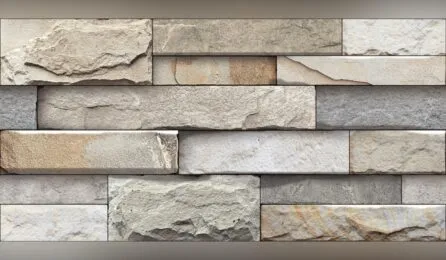
Ceramic Tiles
Ceramic tiles are resistant to most weather conditions, stains, and scratches. They are economical and come in various designs and colors. Ceramic tiles require low maintenance and are easy to replace, making them a popular choice for both interiors and exteriors.
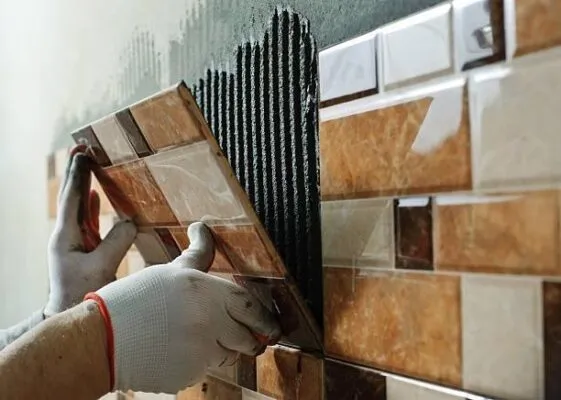
Granite Tiles
Granite tiles are among the strongest materials for exterior wall tiles. They are usually glazed and polished, adding to their durability. However, granite is porous and requires regular sealing. It is also quite expensive, so consider your budget before opting for granite tiles.
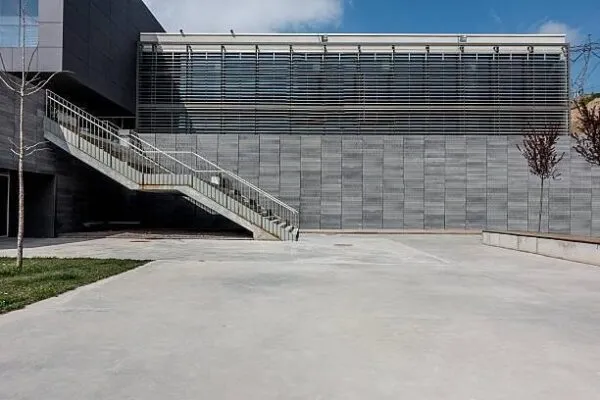
Soapstone Tiles
Soapstone tiles are highly resistant to water and stains and are relatively resilient to harsh weather conditions. They have a smooth, silky texture, making them perfect for areas like swimming pools and patios.
Travertine Tiles
Travertine, a form of limestone, is mined from various parts of the world. It is hard and durable, with a rough texture that can be polished. Travertine is also a cost-effective choice for exterior wall tiles.
Natural Stone Tiles
Natural stone tiles are prevalent in India and come in various shapes and sizes. They give a classy look to any exterior and are available in both thin and abstract shapes.
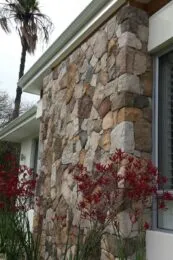
Grey-Colored Tiles
Grey-colored tiles give a raw and rustic look to your home. They are easy to maintain as dust is less visible on their surface. You can mix them with other dark colors like blue or black for a unique exterior.
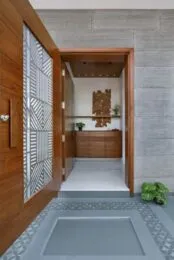
Cement Tiles
Cement tiles offer a vintage, raw look to your home’s exterior. A mix of various colors of cement tiles can make your house look fabulous from the outside.
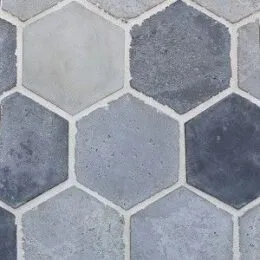
Moroccan Tiles
For those who love color and design, Moroccan tiles are an excellent choice. They can be used entirely on a wall or in Mandala patterns for decorative purposes.
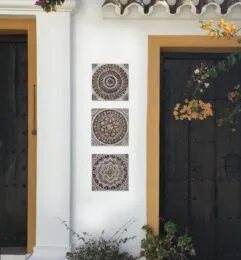
Printed Tiles
Printed tiles are an alternative to Moroccan tiles and come in various colors and prints. They offer a unique and personalized touch to your home’s exterior.

White Stone Tiles
White stone tiles are a favorite for exterior décor. They come in various shades like pearl white, beige white, and greyish white. However, they require daily cleaning as dust is more visible on white surfaces.
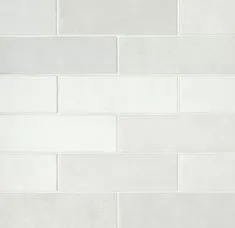
Installation Tips for Exterior Wall Tiles
- Clean and Prep Your Walls: Remove any dust, gravel, or debris from your walls.
- Lay Out Your Design: Measure your tiles and specify your design pattern.
- Apply Mortar: Spread mortar evenly on your wall and stick the tiles in the correct pattern.
- Lay Tiles from Top to Bottom: The mortar acts as an adhesive. Once it dries, apply grout to fill any crevices.
- Clean and Polish: Clean any excess grout and use a tile polisher to finish the installation.
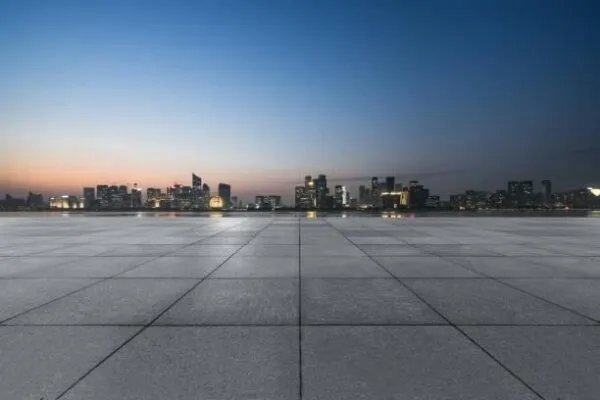
Conclusion
Choosing the right outside wall tiles can transform the look and feel of your home. From budget considerations to weather resistance and style, there are many factors to consider. Whether you opt for ceramic, granite, or Moroccan tiles, make sure they complement the overall design of your home. With the right choice, your exterior will not only look stunning but also stand the test of time.
